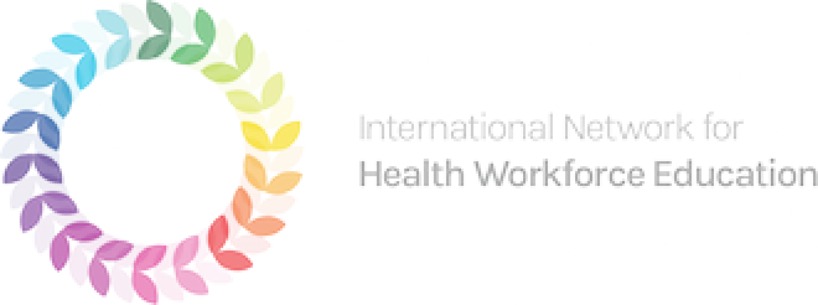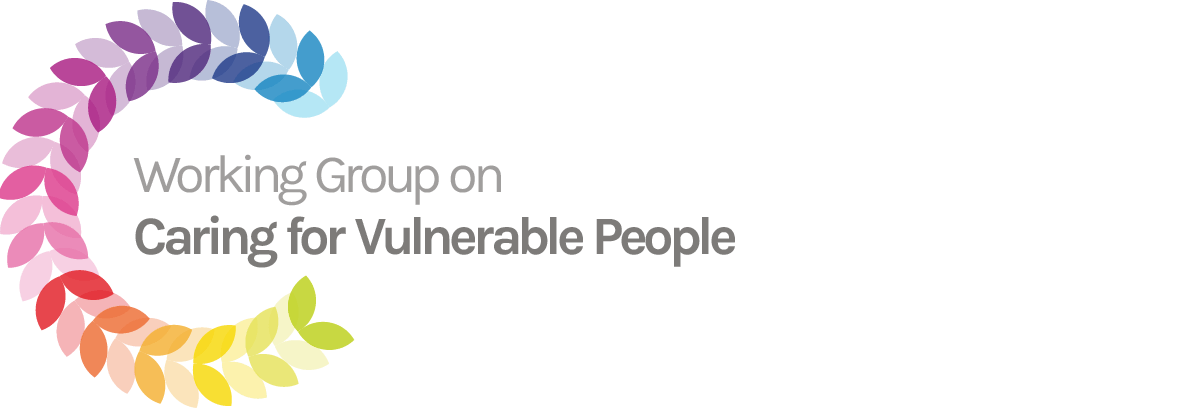There are many groupings of vulnerable people in the world*. Furthermore, the numbers of vulnerable people in general populations are much higher than may initially be expected. While health education programmes commonly include training in the needs of some groups of vulnerable people, for example, frail older people with multiple chronic conditions, health professionals often lack awareness, knowledge and/or confidence in dealing with people with other vulnerabilities.
The aim of this working group is to create a community of educators and practitioners who will work towards better experiences of, and outcomes from, healthcare related encounters between vulnerable people and the health professionals who treat them.The objectives of this group are to:
- Identify knowledge and skills gaps amongst health professionals in dealing with vulnerable people (whether as individuals or as people groups)
- Increase awareness of the knowledge and skills gaps amongst health professionals and/or between health systems
- Promote the development of educational innovations that increase health professionals’ expertise in working with vulnerable people
- Undertake research to assess, from the perspectives of health professionals and vulnerable service users, the effectiveness and transferability of educational innovations
- Advocate for better awareness amongst policy makers and health educators of the mental, physical and social impacts upon vulnerable people when health professionals and health systems are poorly equipped to deal with their needs.
Join the Working Group
Chair: Prof. Adrian Schoo, Flinders University
Adrian Schoo is Professor at the College of Medicine and Public Health, Flinders University and a Fellow of the Australian & New Zealand Association for Health Professional Educators (ANZAHPE). He played an instrumental role in establishing a solid foundation for the physiotherapy course at Flinders University, and is currently affiliated with the Prideaux Centre for Research in Health Professions Education. Before moving into these programs Adrian was deputy director of the Greater Green Triangle University Department of Rural Health (Flinders University and Deakin University) where, starting with physiotherapy, he established an allied health workforce enhancement project, funded by the Victorian Department of Human Services. The program evolved into a state-wide continuing education program for 22 allied professions in Victoria that also provided online access to allied health in other Australian jurisdictions.
Interests include clinical education, complexity science and transformative learning, leadership training, and rural health workforce development and associated health service enhancement, particularly in the area of interprofessional learning and practice, and chronic disease prevention and management. Rural and remote health workforce recruitment and retention, and associated patient/community/regional-centred health services is complex. His research and consultancy work includes working with peers from very different disciplines to understand the complexity and appreciate the different paradigms, and find opportunities for innovation. Associated work informs policymakers, administrators, educators and health professionals, and can be found on ResearchGate, LinkedIn and Flinders University.
* Depending on whether one takes a local, national or international perspective, vulnerable people include but are not limited to:
- People with learning disorders
- People with poor mental health
- People with dementia
- Older people with issues of frailty, multiple comorbidities and/or polypharmacy needs
- People with low levels of literacy in their native language
- People in institutionalised care settings
- Those experiencing domestic abuse and family violence
- Substance abusers
- Homeless people
- Sexually active young people
- Young children, especially those affected by any of the other issues in this list
- Women and girls who are at risk of FGM
- Marginalized and/or indigenous populations within nations
- People subject to persecution within their countries
- People in fragile, conflict affected states
- People being drawn towards terrorist organisations
- Migrants, refugees and asylum seekers (especially those who are not fluent in the main language of their place of asylum)
- Carers of the above


